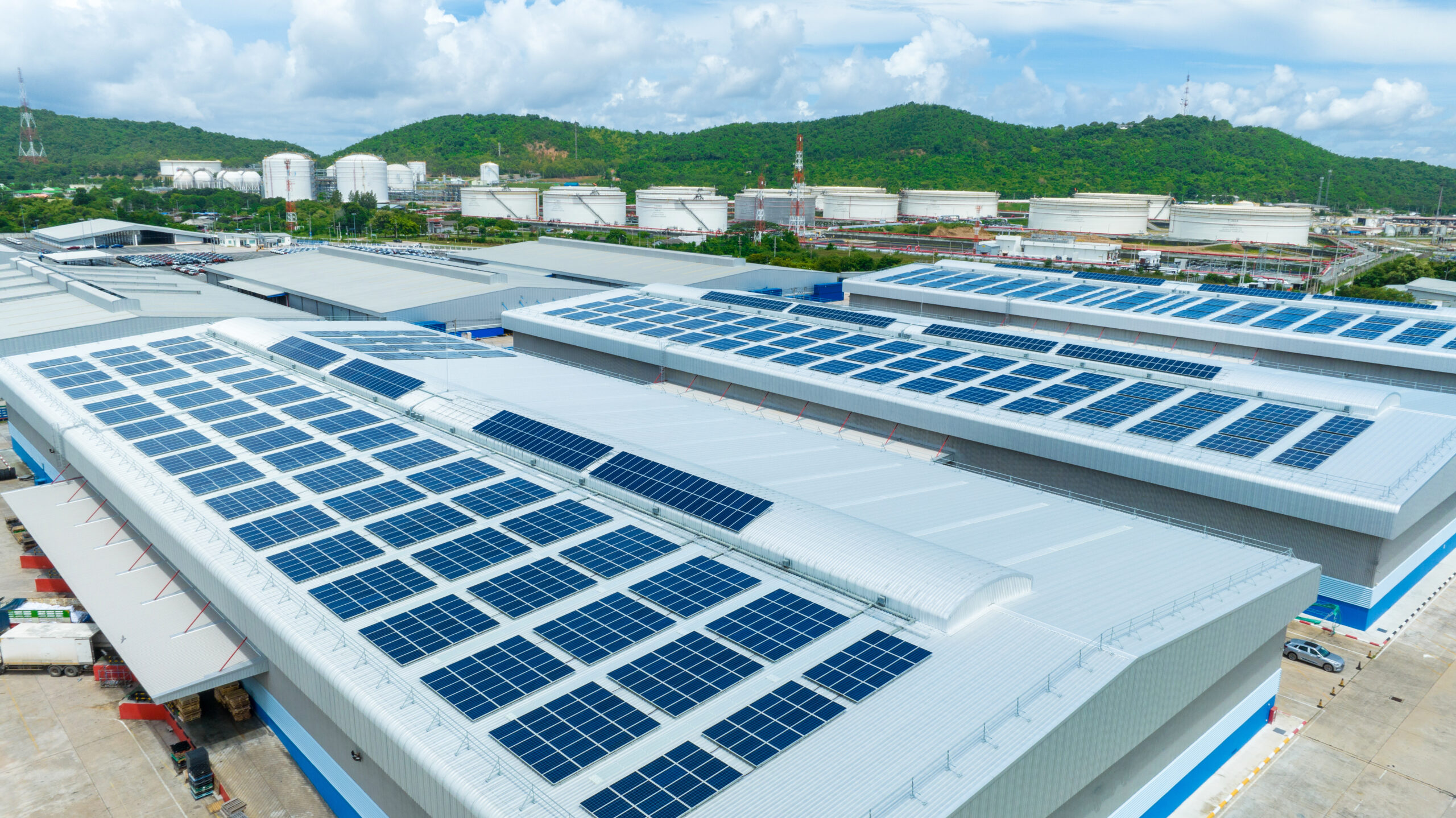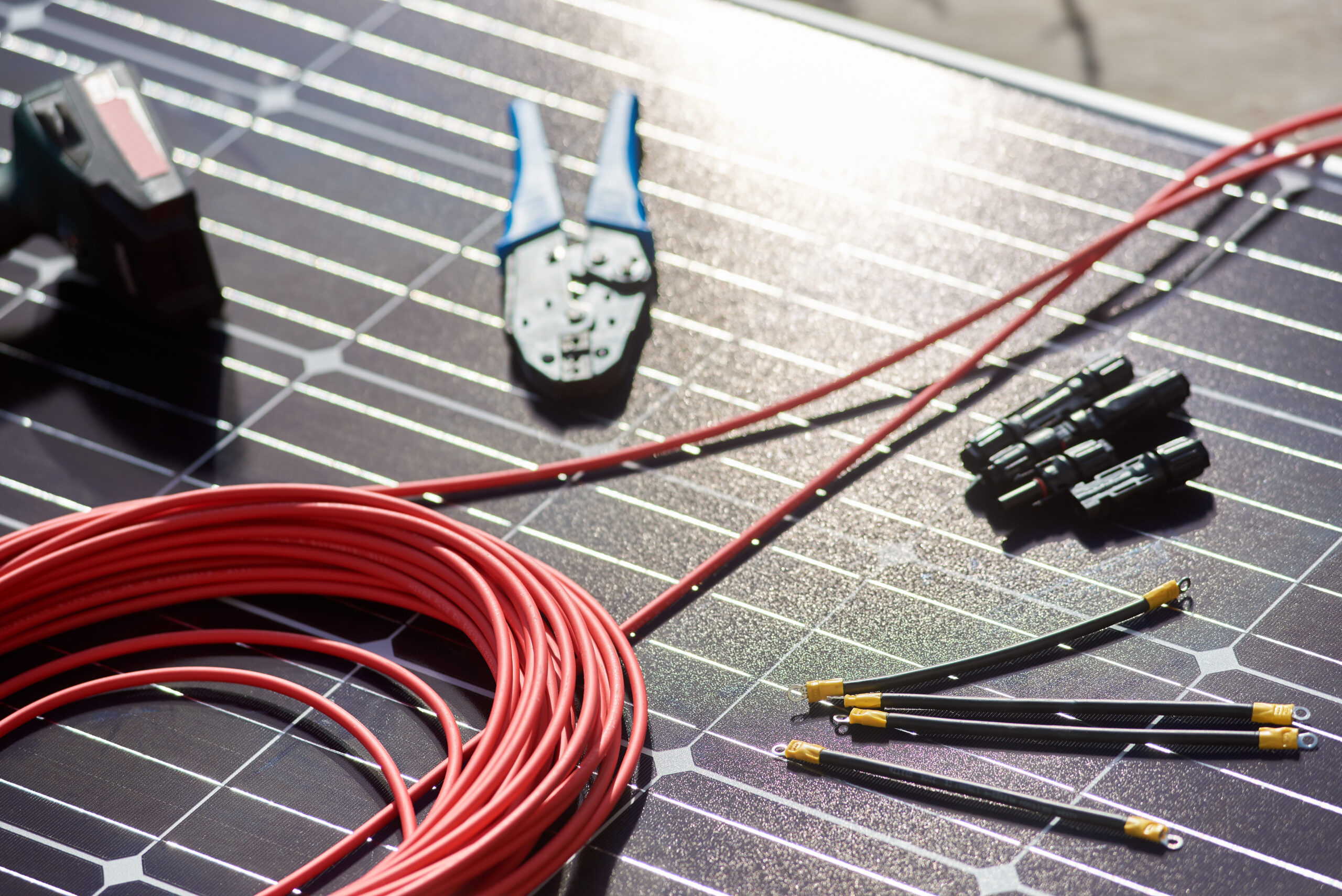
The Comprehensive Benefits of Adding Solar to Your Home or Business
- 1.Solar Panel Technologies: Unveiling the Power of the Sun
- 2.Overcoming Challenges: Navigating the Complexities of Connecting Solar to the Grid
- 3.Top 10 Weirdest Innovations in Solar Energy Technology
- 4.Once You’ve Decided to Go Solar: What Are the Next Steps and What to Expect?
- 5.The Comprehensive Benefits of Adding Solar to Your Home or Business
- 6.The Impact of Solar Energy on Property Value: How Installing Solar Panels Can Boost Residential and Commercial Real Estate
- 7.How to Make Sure Your House or Office Building is in Top Shape and Ready for Solar Energy
- 8.How Seasonal Changes Affect Solar Panels and the Grid
- 9.New Year, New Energy: Why 2025 Is the Perfect Year to Go Solar
- 10.Keeping the Lights On: How Solar Energy Shields You from Power Outages
- 11.Top Solar Technology Trends to Watch in 2025
- 12.Spring into Savings: Why Now is the Best Time to Go Solar in Puerto Rico
- 13.Understanding the Process of Connecting Solar to the Grid: A Step-by-Step Guide
- 14.Solar and Gardening: Can Panels and Plants Coexist?
- 15.Summer Energy Savings: How Solar Power Can Lower Your Utility Bills This Summer
In recent years, solar energy has become an increasingly popular choice for both homeowners and business owners looking to reduce their energy costs and minimize their environmental impact. The advantages of installing solar panels extend beyond just cutting down on utility bills. From financial incentives to increased property values and environmental benefits, here’s a comprehensive look at why going solar is a smart investment.
Financial Benefits
Reduced Energy Bills
One of the most immediate benefits of installing solar panels is the reduction in your monthly energy bills. Solar panels harness the power of the sun to generate electricity, which can significantly lower your reliance on grid power. The extent of your savings depends on the size of your solar system and the amount of sunlight your location receives. In many cases, solar panel systems can produce enough electricity to cover a substantial portion of your energy needs, leading to significant savings over time.
Tax Incentives
Installing solar panels can make you eligible for several tax incentives, helping to offset the initial installation costs:
- Federal Investment Tax Credit (ITC): This allows homeowners and businesses to deduct a significant percentage of their solar installation costs from their federal taxes. As of 2024, the ITC covers 30% of the installation costs. It’s essential to check current rates as these percentages are subject to change.
- State and Local Incentives: Many states and municipalities offer additional tax credits, rebates, and incentives to encourage solar energy adoption. These incentives can vary widely depending on your location, so it’s important to research what is available in your area.
Solar Renewable Energy Certificates (SRECs)
In some states, you can earn Solar Renewable Energy Certificates (SRECs) for the electricity your solar system generates. These certificates can be sold to utility companies, providing you with additional income. SRECs are part of state-level programs designed to encourage the production of renewable energy.
Net Metering
Net metering policies allow you to sell excess electricity generated by your solar panels back to the grid. This means that during sunny periods when your solar panels produce more electricity than you need, the surplus energy is sent to the grid, and you receive a credit on your energy bill. This further reduces your overall energy costs.
Increased Property Value
Properties equipped with solar energy systems often sell at a premium compared to similar properties without solar. Buyers recognize the value of lower utility costs and the environmental benefits of solar power, making them willing to pay more for a property with an existing solar installation.
Environmental Benefits
Reduced Carbon Footprint
Solar energy is a clean, renewable source of power that significantly reduces greenhouse gas emissions. By switching to solar, you can decrease your reliance on fossil fuels, which are major contributors to air pollution and climate change. Using solar energy helps lower your carbon footprint, contributing to a healthier and more sustainable environment.
Sustainability
Investing in solar power supports a sustainable energy future. Unlike fossil fuels, which are finite and contribute to environmental degradation, solar energy is abundant and renewable. By using solar power, you are supporting the transition to a more sustainable and resilient energy system.
Additional Benefits
Energy Independence
Generating your own electricity through solar panels provides a measure of energy independence. This can be especially valuable during power outages or energy price fluctuations. By producing your own power, you are less vulnerable to the volatility of the energy market and potential disruptions in the power supply.
Low Maintenance Costs
Solar panel systems are known for their durability and low maintenance requirements. Once installed, they require minimal upkeep. Most manufacturers offer long-term warranties, ensuring the reliability and longevity of your solar investment. Regular cleaning and occasional inspections are usually sufficient to keep your system running efficiently.
Job Creation
The solar industry supports job creation in various sectors, including manufacturing, installation, and maintenance. By investing in solar energy, you are contributing to economic growth and the creation of jobs in your community and beyond.
Specific Programs and Rebates
Local Utility Company Rebates
Many utility companies offer rebates to customers who install solar energy systems. These rebates can further reduce the upfront cost of your solar installation. It’s worth checking with your local utility company to see what programs are available.
PACE Financing
Property Assessed Clean Energy (PACE) programs allow property owners to finance the up-front cost of energy improvements on a property and then pay the costs back over time through a voluntary assessment. This can be an attractive option for those looking to make energy-efficient upgrades, including solar installations, without significant upfront costs.
Grants and Loans
Various federal, state, and local programs offer grants and low-interest loans to support the adoption of solar energy. These financial assistance programs can make solar installations more affordable and accessible. Researching and taking advantage of these opportunities can help maximize the financial benefits of your solar investment.
Conclusion
Installing solar panels on your home or business offers numerous benefits, from significant financial returns and increased property value to environmental sustainability and energy independence. With the added advantage of various incentives, rebates, and programs designed to support solar adoption, there has never been a better time to invest in solar energy. By making the switch to solar, you not only reduce your energy costs but also contribute to a more sustainable and resilient future.
At MFS Solar, we are committed to helping you navigate the transition to solar energy. Our team of experts is here to provide guidance and support every step of the way, ensuring you maximize the benefits of your solar investment. Contact us today to learn more about how we can help you harness the power of the sun.


